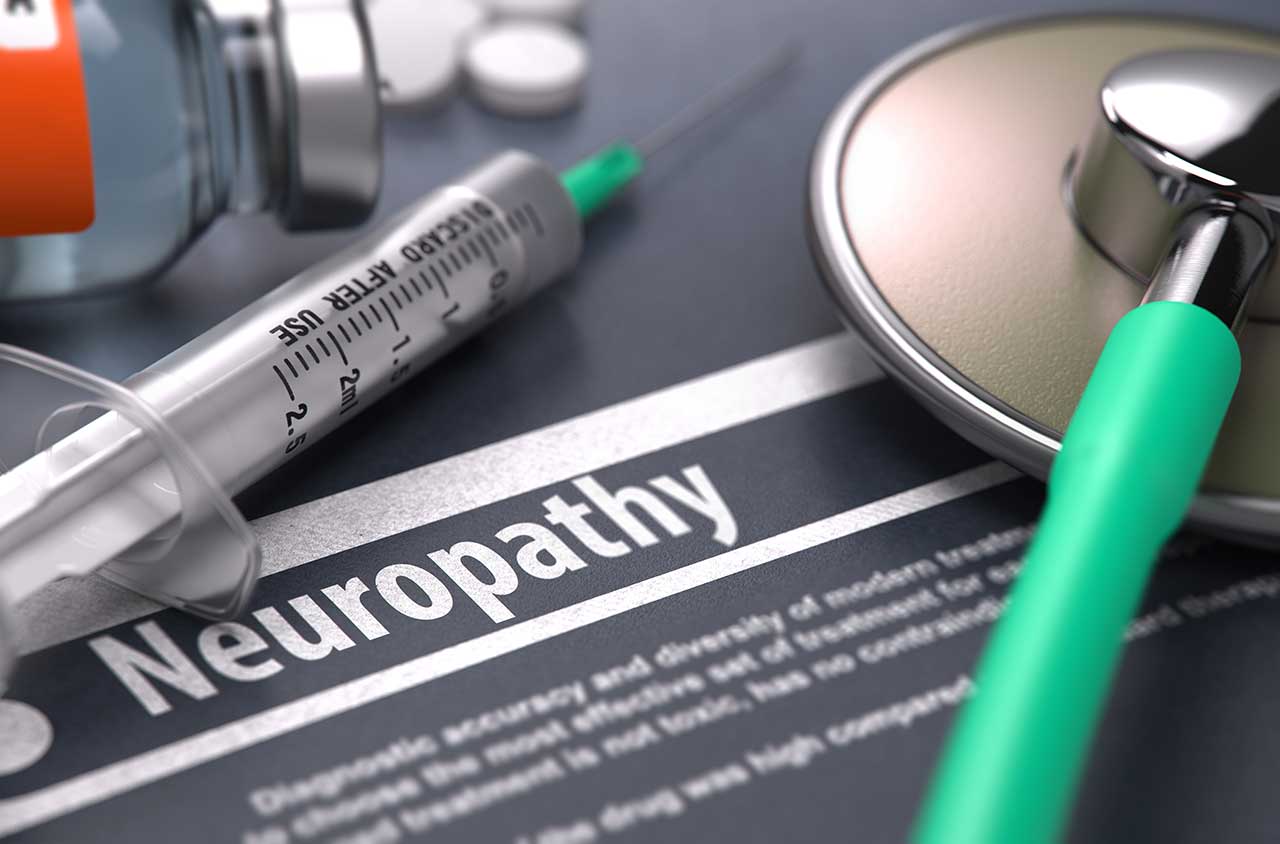In January 2016 researchers at Winthrop University Hospital released a peer-reviewed scientific study that concluded that exposure to WTC dust is associated with a higher rate of neuropathic symptoms (nerve damage). Specifically, the researchers found that, among the patients surveyed, those exposed to WTC dust were fifteen times more likely to report neuropathic symptoms than those who were not exposed.
Shortly after the release of the Winthrop University Hospital study, the Administrator of the World Trade Center Health Program (“WTCHP”), Dr. John Howard, received a petition to add peripheral neuropathy to the list of WTCHP-covered conditions.
Despite the findings of the Winthrop University Hospital study, the Department of Health and Human Services (“HHS”), which administers the World Trade Center Health Program through the National Institute of Occupational Safety and Health (“NIOSH”), decided not to add peripheral neuropathy to the list of covered conditions. The agency ruled that there is “insufficient evidence” of an association between peripheral neuropathy and exposure to WTC dust.
Therefore, at this time, peripheral neuropathy is not eligible for either free healthcare or tax-free compensation benefits under the James Zadroga 9/11 Health and Compensation Act.
Call Pitta & Baione LLP at 844-982-2667 to speak with an attorney about whether you may be eligible for benefits under the James Zadroga 9/11 Health and Compensation Act.



